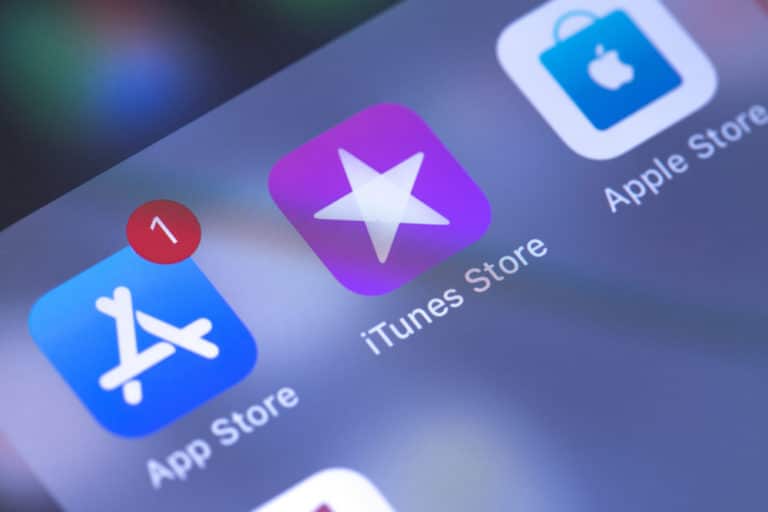Apple has responded to the suggestion that the company maintains a monopoly with its App Store policy. The company suggests that iOS users can also consume digital content via websites.
The response follows an investigation by the Australian Competition Authority into Apple’s App Store policies. “Apple perceives and treats other distributors of apps, for platforms other than iOS, as significant competitors whose pricing and policies constrain Apple’s ability to exercise power over developers,” the statement said.
“Apple is not in a position to disregard the environment in which its app marketplace operates and does not accept the Commission’s characterisation of the Apple App Store as ‘the most dominant app marketplace by a large margin’,” the company continued.
Services also available via websites
Ironically, on iOS devices, it is only possible to access the Internet via Apple’s own Safari browser or browsers based on Apple’s WebKit engine. Apple does not allow browsers based on any other rendering engine on its mobile platforms.
An important fact that Apple does not mention here, however, is that Apple is very strict on apps that link to their website. If, behind that link, an option is given to pay via the app outside the App Store, Apple will not approve the app.
An example of this is Spotify. This app is free to download from the App Store, but if a user wants to take out a premium subscription within the app, this is only possible via the payment method offered by Apple. Spotify has to give up 30 per cent of the revenue for this. A user can also purchase this subscription through Spotify’s website and use it in the iOS app, but the iOS app is not allowed to suggest this alternative in any way.
App stores on other platforms also viewed als competitors
Apple thinks that the current app market is a healthy and competitive market and that its power in that market is greatly exaggerated. If it were up to Apple, intervention by authorities would not be necessary. The company believes that it is in direct competition with other online shops such as Google Play, Samsung Galaxy and Amazon shops. Shops like Steam, the Epic Games Store, PUBG, AppStream, Chrome Web Store, Setapp and Microsoft Store are also mentioned. However, all these platforms are not accessible through iOS.
The Australian Competition and Consumer Commission is not the only body to keep its magnifying glass over Apple’s App Store policies. In several countries, such as the UK and the Netherlands. In the EU and US, lawsuits are pending against Apple, led by Epic Games.
Related: Developers complain about App Store, Apple ‘surprised’
